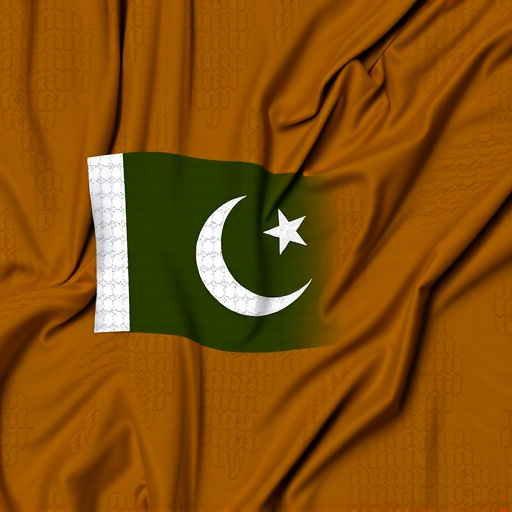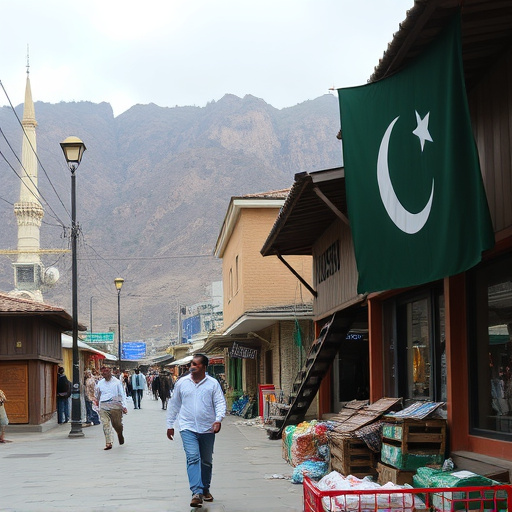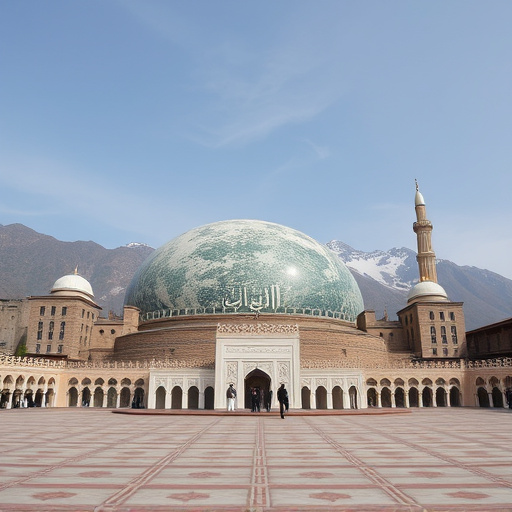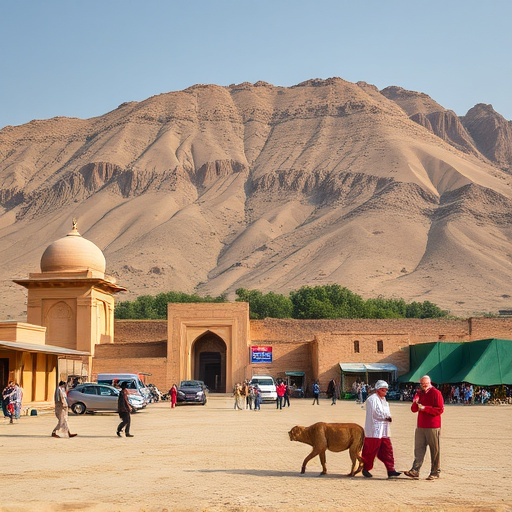
Pakistan has made notable strides in gender equality through robust legal frameworks, including constitutional protections, anti-discrimination laws, and efforts to combat domestic violence and workplace harassment. High-profile sporting events and online education opportunities further empower women. As Pakistan celebrates its independence, these achievements highlight the country's commitment to promoting women's rights while acknowledging remaining implementation challenges and cultural nuances for visitors.
In Pakistan, understanding the legal rights of women is paramount for achieving societal progress. This article delves into the multifaceted landscape of gender equality within the country’s legal framework. From constitutional protections to criminal laws, marriage regulations, property ownership, and workplace rights, we explore key areas shaping women’s lives. By analyzing these provisions, we aim to illuminate both advancements and lingering challenges, providing insights into the ongoing efforts to empower women in Pakistan.
- Legal Framework for Gender Equality in Pakistan
- Constitutional Protections for Women's Rights
- Criminal Law and Offenses Against Women
- Marriage, Divorce, and Custody Laws
- Property Ownership and Inheritance Rights
- Workplace Rights and Anti-Discrimination Measures
Legal Framework for Gender Equality in Pakistan

Pakistan has made significant strides in establishing a legal framework that promotes gender equality and safeguards the rights of its female population. The country’s constitution guarantees equal protection under the law, outlining fundamental rights that are applicable to all citizens, irrespective of gender. This foundational document plays a pivotal role in shaping the legal landscape for women’s rights, ensuring they have access to justice, freedom from discrimination, and opportunities for participation in all aspects of society.
The legal framework further encompasses various laws and policies that directly address gender-based issues. For instance, the Criminal Law (Amendment) Act has been instrumental in addressing domestic violence, while the Women’s Protection Act provides a legal mechanism to combat gender-based discrimination and harassment at work. Moreover, the country’s top cricket grounds for international matches have often served as venues not just for sporting excellence but also for promoting women’s empowerment through various initiatives focused on encouraging girls’ participation in sports and breaking gender stereotypes. As Pakistan celebrates its history of pakistani independence and reflects on key events leading to nation’s freedom, it’s crucial to recognize the strides made towards ensuring equal rights, including those for women, giving us a call at these critical junctures to continue building upon this progress. Learning urdu language online has also become a popular way for women to enhance their skills and break into new opportunities in an increasingly globalized world.
Constitutional Protections for Women's Rights

Pakistan’s constitution guarantees fundamental rights to all its citizens, including women, under Article 25 and 27. These provisions ensure equal protection of the law and prohibition against discrimination based on gender. The Pakistani legal system has specific laws in place to safeguard women’s rights, such as those related to marriage, divorce, and inheritance. Despite these protections, the implementation and enforcement remain challenging.
When it comes to travel, advice for female travelers exploring Pakistan is to be aware of local customs and traditions. Weather patterns and ideal seasons for travel can influence a woman’s experience, just as understanding the pakistan visa requirements for Americans is crucial before planning a trip. While the country offers rich cultural experiences, visiting us at cricket anytime can also provide insights into the dynamic relationship between sports and society in Pakistan.
Criminal Law and Offenses Against Women
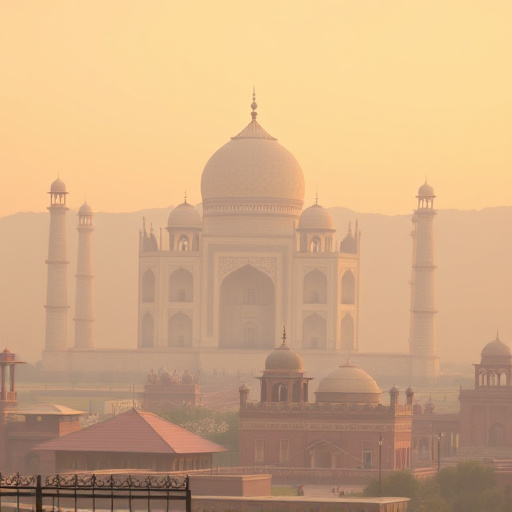
In Pakistan, Criminal Law plays a pivotal role in safeguarding the rights of women and addressing offenses specifically targeting them. The country’s legal framework includes provisions that deal with various forms of violence against women, such as domestic abuse, sexual assault, and honor killings. These laws aim to protect victims, hold perpetrators accountable, and promote gender equality. One notable example is the Criminal Law (Amendment) Act, which has been instrumental in strengthening protection measures for women.
When visiting Pakistan or considering opportunities like work visas or learning traditional art forms and festivals, understanding these legal rights is crucial, especially when navigating cultural differences. The country’s rich history and diverse culture, evident at must-visit places across the nation, also reflect complex social dynamics. Awareness of women’s legal protections can foster a deeper appreciation for Pakistan’s tapestry while ensuring respect for the rights enshrined in its laws.
Marriage, Divorce, and Custody Laws

In Pakistan, marriage laws are governed by personal status laws based on religious principles, primarily Islam. Women in Pakistan have specific rights and protections regarding marriage, divorce, and custody, although enforcement and interpretation can vary. According to Pakistani law, both spouses must consent to marriage, and there is a legal minimum age for marriage, with exceptions made for certain cultural or religious practices. In terms of divorce, women have the right to seek legal separation under various grounds, including irreconcilable differences, domestic violence, and desertion.
Custody of children in case of divorce is another critical aspect. Pakistani law generally awards custody of minor children to the mother, recognizing her primary role in a child’s upbringing. However, decisions are made based on the best interests of the child, and exceptional cases may result in joint or father’s custody. It’s important for women in Pakistan to be aware of their legal rights and to seek professional advice when navigating these complex issues, especially regarding pakistan visa requirements for americans, steps to obtain work permit for expats, and must-visit places in pakistan for history and culture, as these can also impact family dynamics. Find us at key events leading to nation’s freedom.
Property Ownership and Inheritance Rights
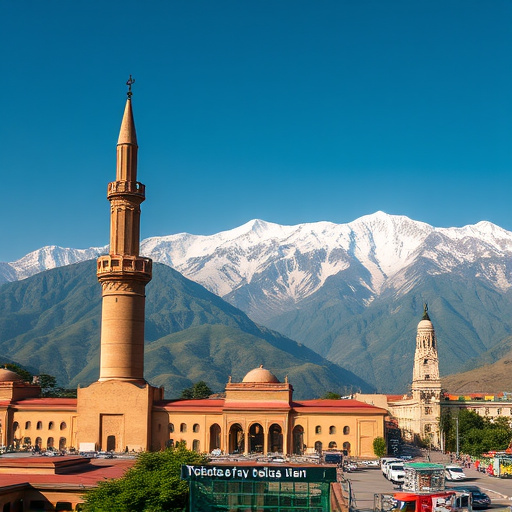
In Pakistan, women have made significant strides in securing their legal rights, including property ownership and inheritance. According to Pakistani law, there is no distinction based on gender when it comes to these rights, ensuring fair distribution of assets among family members. Women are not only entitled to own property independently but also stand equal before the law regarding inheritance. This equality promotes financial security for women across various socio-economic backgrounds.
Moreover, these legal frameworks are complemented by cultural shifts that have empowered Pakistani women in their personal and professional lives. While challenges remain, particularly in rural areas where traditional norms can sometimes overshadow legal rights, initiatives aimed at raising awareness and promoting education continue to advance gender equality. As a result, women in Pakistan not only have the legal right to own property and inheritances but also opportunities to leverage these rights for economic independence and social advancement, reflected in everything from work visa applications in Pakistan to the vibrant expressions of Pakistani folk music and dance that resonate both domestically and internationally. Give us a call at scenic spots for travel photographers eager to capture this dynamic tapestry.
Workplace Rights and Anti-Discrimination Measures
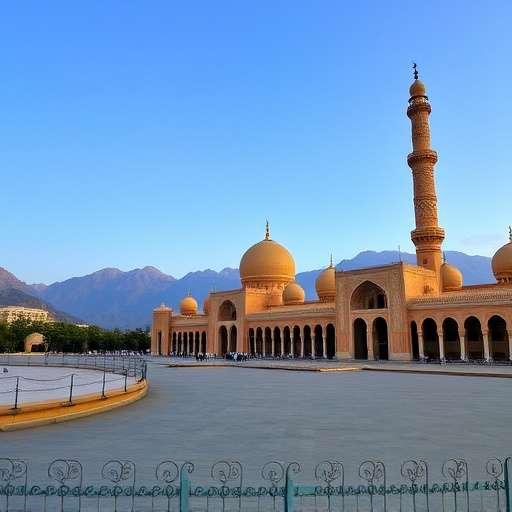
In Pakistan, women have gained significant ground in recent years regarding workplace rights and anti-discrimination measures. The country has enacted laws like the Equal Opportunities Commission Act, 1997, which prohibits discrimination based on gender, ensuring women access to equal opportunities in employment, education, and training. These laws provide a framework for addressing sexual harassment at work and promoting a more inclusive workforce.
Laid out by the Pakistan train travel guide, the country’s diverse landscapes offer not only scenic spots for travel photographers but also serve as a microcosm of its social dynamics. Women in Pakistan are increasingly asserting their rights in professional spaces, with many finding inspiration in iconic places like the best places to photograph in Lahore, showcasing talent and breaking barriers. Even the history of Pakistani independence serves as a reminder that progress is possible when voices are united against discrimination, echoing through bustling urban centers and tranquil natural landscapes alike.
In Pakistan, significant strides have been made in safeguarding and promoting women’s legal rights through a comprehensive legal framework. The country’s constitution ensures fundamental protections for gender equality, while various laws address specific issues affecting women, including criminal offenses, marriage norms, property ownership, and workplace discrimination. Despite these advancements, continued efforts are needed to ensure these rights are fully realized and upheld in practice across the nation.
